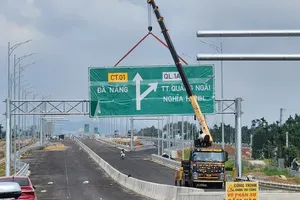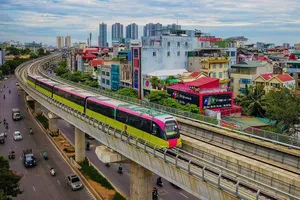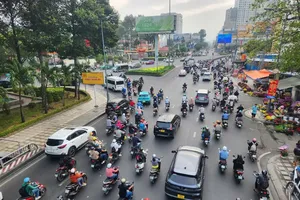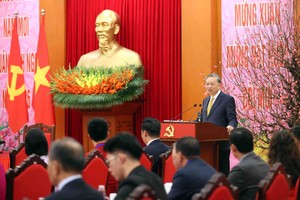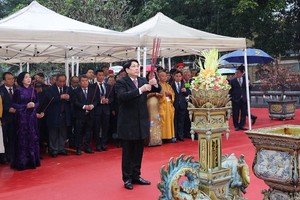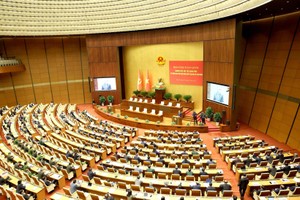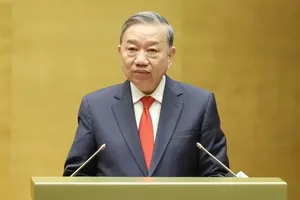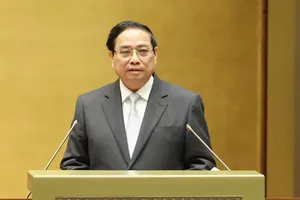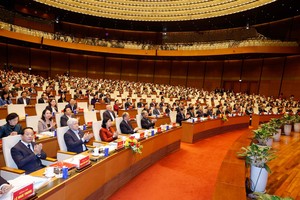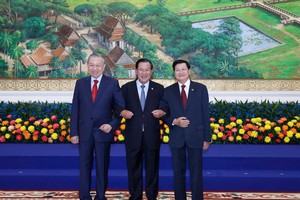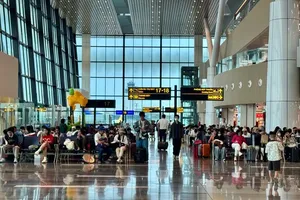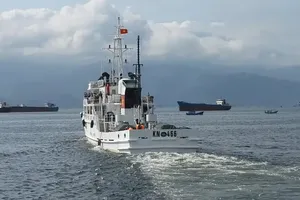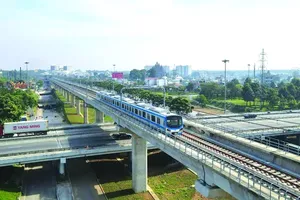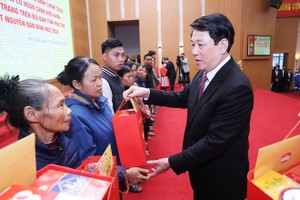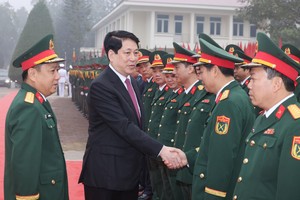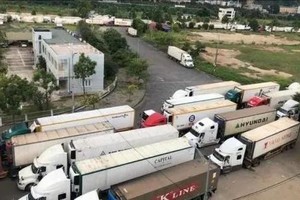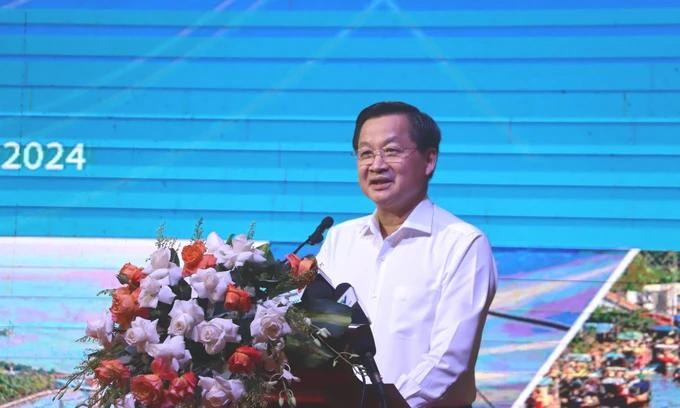
At the meeting, which saw the participation of officials from central agencies and representatives from regional localities, participants discussed the implementation of the set tasks and solutions outlined in Resolutions No. 13-NQ/TW and No. 78/NQ-CP to ensure sustainable socio-economic development in the Mekong Delta region.
Deputy Prime Minister Le Minh Khai said that the region needs to focus on economic restructuring, prioritizing the development of its strengths, developing green industries, clean energy, and renewable energy, especially wind and solar power associated with forest and coastal zone protection.
The localities need to pay attention to the development of the maritime economy, particularly marine tourism and services, maritime economy, oil and gas, offshore aquaculture, deep-sea fishing, coastal economic and industrial zones, and renewing fishery resources and biodiversity.
He suggested the localities prioritize investment and accelerate key projects to boost the socio-economic development of the region; strengthen the management and efficient utilization of resources, especially land and water resources, and proactively respond to natural disasters and climate change which are regarded as important tasks and goals.
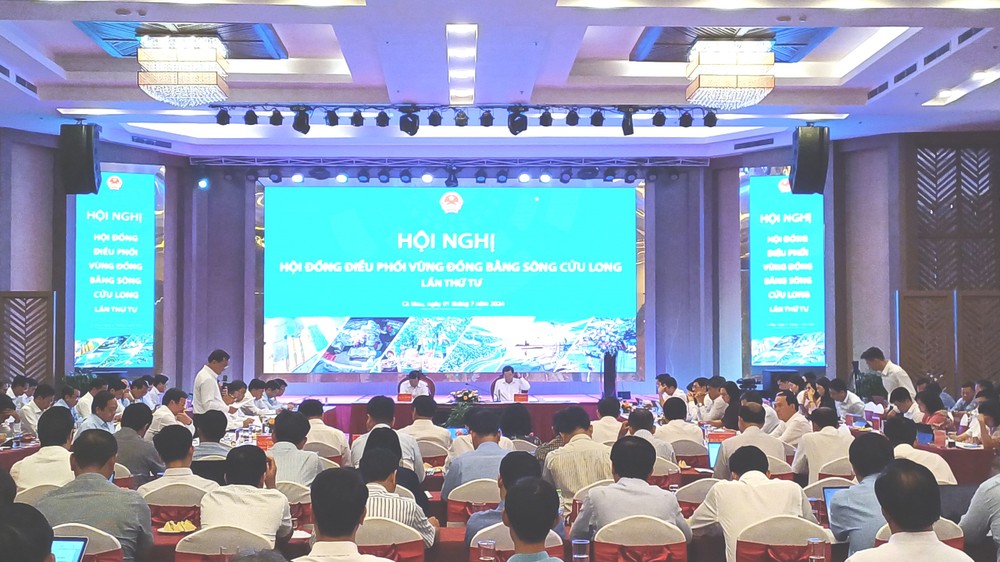
The provinces should focus on building and issuing regional development policies and mechanisms, enhancing investment in irrigation infrastructure, flood protection, reservoir management, freshwater transfer, control of saline water intrusion to support agricultural production, adapt to climate change, and manage impacts from changes in the upstream Mekong River flows.
In addition, they should focus on implementing methods to control river bank erosion, reinforcing coastal embankments, accelerating investment in agricultural hubs, preserving and promoting the values of natural heritage, culture and history in the Mekong Delta, developing high-quality human resources, and implementing social security and welfare policies, particularly policies for individuals and families credited with meritorious service to the country.
The Deputy Prime Minister suggested the Ministry of Planning and Investment promptly study the criteria and principles for developing key projects in the Mekong Delta region to add these projects to the mid-term public investment plan for the 2026-2030 period.
According to Deputy Minister of Planning and Investment Tran Duy Dong, after two years of implementing Resolution No. 13-NQ/TW dated April 2, 2022, of the Politburo on orientations for socio-economic development and defense and security safeguarding in the Mekong Delta until 2030, with the vision to 2045, the economic growth rate in 2023 reached 6.37 percent, standing second in the ranking of six economic regions nationwide, nearly 1.3 times higher than the national average of 5.05 percent.
Some localities showed significant growth rates, such as Tra Vinh (8.25 percent), Ca Mau (7.83 percent), An Giang (7.34 percent), Bac Lieu (7.24 percent), and particularly Hau Giang ranking second nationwide with an impressive growth rate of 12.27 percent.


